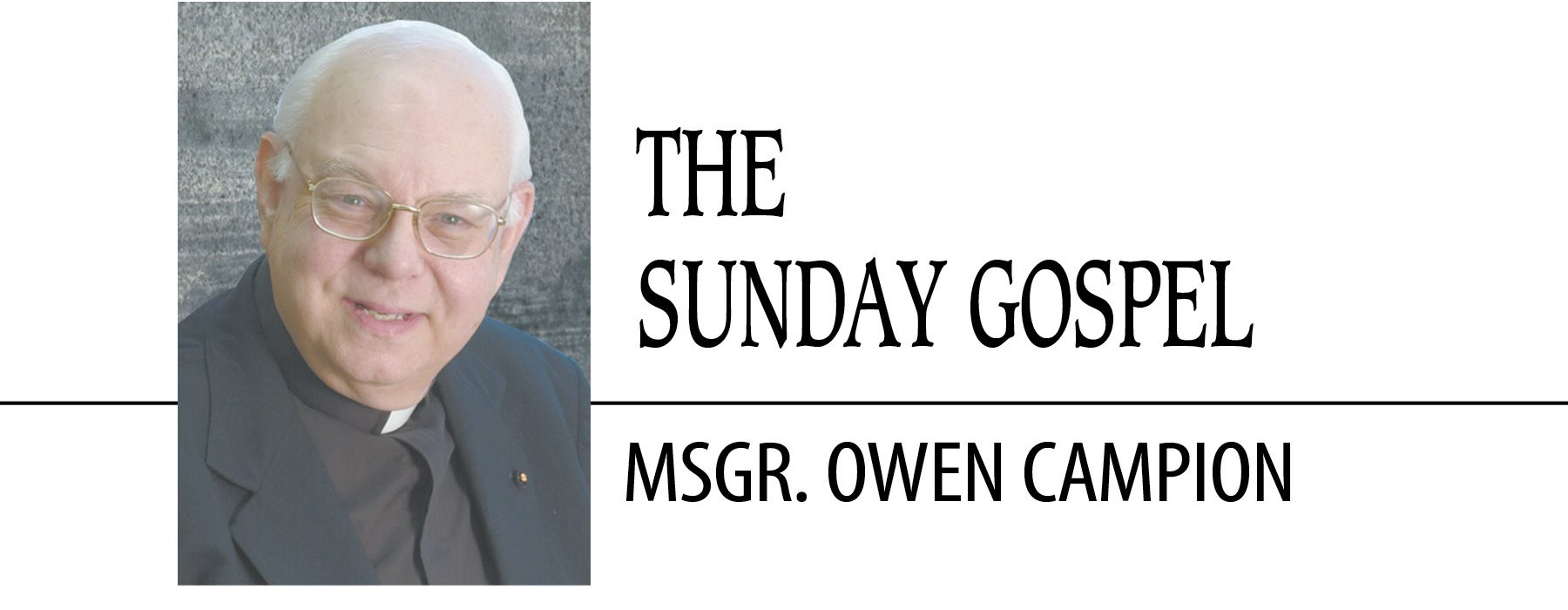April 16, 2022 // Perspective
Jesus’ resurrection and our answering call
Feast of the resurrection of the Lord
John 20:1-9
The Liturgy of the Word for the Easter Vigil is unsurpassed in its power and magnificence among all the feasts of the year, because it centers upon the Resurrection of Jesus from the dead, and in this emphasis, it pinpoints the unique identity of Christ in human life as revealing the presence of God in the world.
Today’s first reading is from the Acts of the Apostles. As this season continues, most often the Church will draw from Acts its first Scriptural reading. In this passage, Peter addresses a crowd. His sermon, one of several in the early chapters of Acts, capsulized the Gospel message. Jesus is Lord. John the Baptist foretold the coming of Jesus. Jesus was the gift and representative of God. Jesus died on Calvary for the sins of all humanity.
After dying on Calvary, Jesus rose and was seen by witnesses. The Lord commissioned the surviving Apostles to proclaim the Gospel as they went into places far and near.
The reading, while crisp and not too long, focuses attention upon the Lord. His crucifixion redeemed the world. He rose from the dead. His resurrection is more than a pious assertion of some vague way that goodness endures from age to age always will triumph.
The Resurrection was not a metaphor or exaggeration. Jesus truly rose from the dead on an actual date and in a specific place. Witnesses saw the Risen Lord and talked about it, abundantly. The readings name them.
In his First Epistle to the Corinthians, St. Paul called the Corinthian Christians to turn to Jesus. They were with the Lord. He was with them. Such is the effect of the Incarnation, of the Redemption, and of the personal decision to turn to God.
The Gospel of John furnishes the last reading. It reveals the excitement in which it was written, as well as the sense that the resurrection of Jesus was an actual event. Mary Magdalene, forever faithful, discovered that the tomb was empty. She immediately alerted Peter and the other Apostles to her discovery.
Peter and the beloved disciple hurried to see for themselves. The beloved disciple saw the empty tomb and remembered the Lord’s prophecy about rising from the dead.
Reflection
This weekend, in celebrating Easter, the Church rejoices in the greatest triumph of Jesus over death and evil. Joyfully, the Church tells us not to fear our own deaths. It repeats Peter in Acts. Christ defeated death. Going farther, Peter told his audience, and us, that we can live eternally if we acknowledge and live for God. The Church echoes him.
Underscoring this theme, the second reading firmly and clearly reminds us that the Lord’s resurrection has profound implications for each human being anywhere and at any time, but requires real-life, human, personal decisions.
St. Paul was justifiably and totally taken with the realization that through the Incarnation, the fact that in the one person of Jesus, the nature of God and human nature coexist; all we humans commune with God and live in and with the Risen Lord.
These readings are very instructive for us. Jesus, of course, is central, yet references to human beings fill the story. Today, the human beings who were witnesses to the Resurrection are seen in retrospective. Most are saints. They present us with an image of great faith and of hope. In humanity, however, they were as we are.
Will we manifest the same faith? Will we turn ourselves to God willingly and truly? Or will we go our own way? We have the choice.
The question awaits our answer. Will we truly share the sense of victory that belonged to saints as they realized that, indeed, “He lives!”?
The best news. Delivered to your inbox.
Subscribe to our mailing list today.






